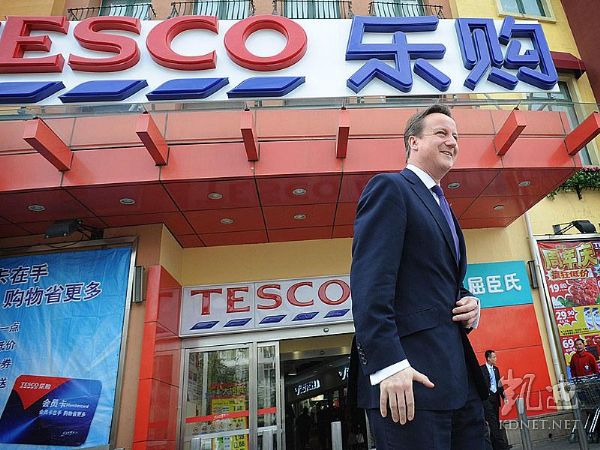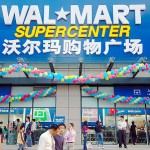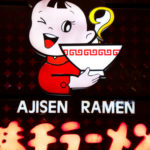Local supermarkets VS Foreign-owned supermarkets
 Though supermarket chain Tesco is the third biggest retailer worldwide, its performance in China is not as good as expected. The latest news is that Tesco is combining its Chinese operations with those of China Resources Enterprise.
Though supermarket chain Tesco is the third biggest retailer worldwide, its performance in China is not as good as expected. The latest news is that Tesco is combining its Chinese operations with those of China Resources Enterprise.
On August 9th, Tesco and CRE said a proposed joint venture would be created to manage 2,986 stores across China, Hong Kong and Macau, with Tesco China’s 131 stores and shopping mall business. Tesco will have an effective stake in the joint venture with annual sales of about £10 billion of 20% and CRE of 80%.
The deal would increase the market share of CRE as well as threaten Sun Art Retail Group, which operates RT-MART and Auchan. According to the data from Euromonitor International, the total size of supermarket is around 574.3 billion RMB. Sun Art Retail Group takes up 13.6% of total market, 2.7% more than CRE which ranks second. Tesco ranks eighth, taking up 2.4%.
Influenced by slower economic and depressing market, many retail enterprises, even Wal-Mart and Carrefour slowed their pace. However CRE went against market and recruited a large number of new employees in 2012 and kept opening new stores at a high speed. The deal to merge Tesco’s business in China is also regarded as acceleration of its expansion strategy.
In fact, the deal to incorporate the brand of Tesco is not only for increasing the market share of CRE. Until the end of 2012, CRE operates 4,400 stores, including 10 different brands, such as CRE Vanguard, Ole, and Pacific Coffee Company. The multi-format development brings a lot of challenges to CRE, while Tesco is already a leading multi-format retailer globally. Tesco has rich experiences on retail management and great advantages on global purchasing network. In particularly, Tesco owns excellent resources of importing upmarket food and drinks from Europe, which would help the business development of Ole, a high-end supermarket brand of CRE. Hui Liu, CEO of Uni-retail consulting considered the deal would result in faster growth and better profitability for both sides due to Tesco’s retail management experience and CRE’s local connections.
Earlier news from Hutchison Whampoa Ltd, controlled by Asia’s richest man Li Ka-shing, said it plans to sell its Hong Kong supermarkets business, ParknShop, at a price of $3-4 billion. Hutchison has received at least seven offers so far. CRE is one of the potential buyers. In 2012, the Hong Kong market share of ParknShop was 33.1%, ranking second after Wellcome, 39.8%. CRE ranked third by 7.8% of market share. Though CRE operates several brands in Hong Kong, its SOE background and purchasing network do not have many advantages in Hong Kong. The merge of Tesco’s business in China is being thought to pave the way for purchasing ParknShop, since Tesco could make up these shortages.
While CRE is accelerating its sales growth in China, foreign-owned supermarket chains are struggling to compete on the mainland. China’s retailing industry is extremely fragmented where thousands of companies sell goods all over the country. In addition, the consumers now could get the products from a number of sources, such as the growing e-commerce platforms changing consumer’s behaviors. Foreign-owned retailers played an important role in the development of the mainland’s retail sector in the past. But recently favorable policy support to attract foreign investors has been withdrawn. On the other hand, domestic supermarkets have adopted the business models from these foreign-owned supermarkets and expanded the business rapidly.
The M&A market has witnessed several acquisitions of supermarket chain industry across China. Several years ago, mass market retailers like Wal-Mart and CarreFour have taken over local supermarket chains, including Trust Mart and Baolongcang. Wal-Mart also acquired an online platform called Yihaodian to follow the booming e-commerce in China. But now these foreign retailers have to slow down due to threats from local brands. Over the next few years, there might be more take overs in the supermarket industry.
Sources:
http://news.xinhuanet.com/fortune/2013-08/22/c_125222152.htm
http://www.reuters.com/article/2013/08/18/hongkong-supermarket-idUSL4N0GJ0BA20130818
http://www.cbnweek.com/v/article?id=5412
http://daxueconsulting.com/market-share-china/
http://www.internationalsupermarketnews.com/news/4081
http://chinabevnews.wordpress.com/category/china-supermarkets/














